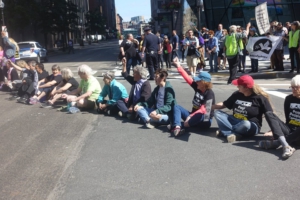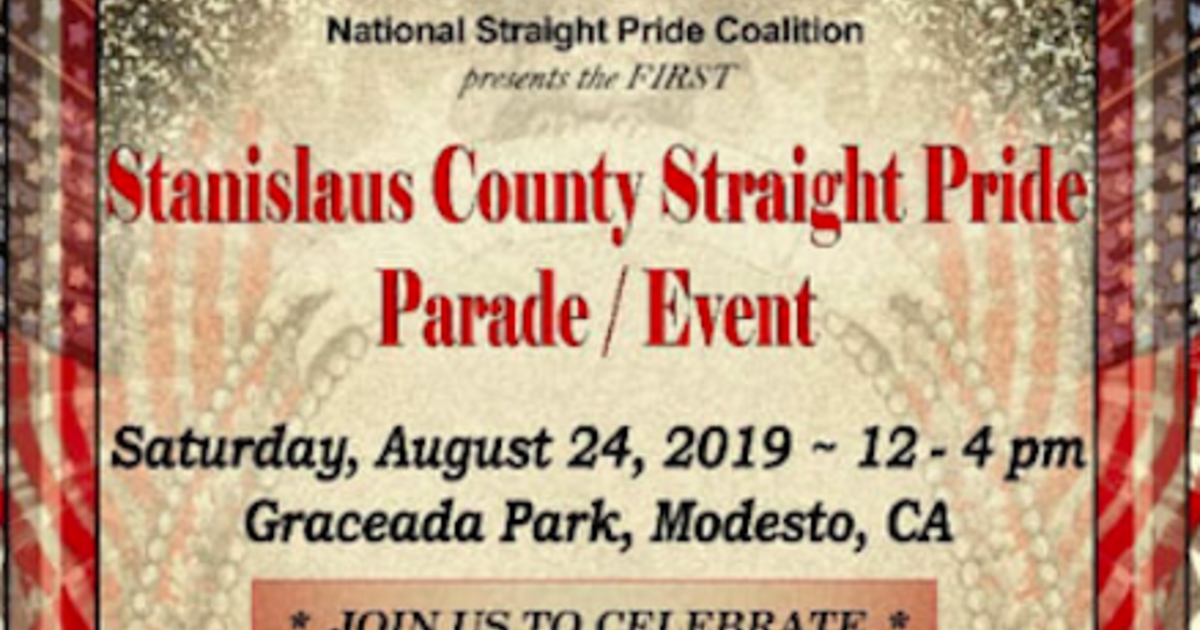
Did you hear friends or coworkers complaining about the traffic in Boston on June 11?
The traffic jam that brought Post Office Square — the heart of Boston’s Financial District — to a screeching halt was not caused by a car accident or construction.
The obstruction was the inevitable collision of the working class and their supporters against the wealthy elites who block their paths to day-to-day survival and well-being, when members of the Poor People’s Campaign shut down the intersection with an organized sit-in that lasted for four hours.
For five weeks the Poor People’s Campaign: A National Call for Moral Revival has organized mass demonstrations simultaneously in over 35 states throughout the country. Each week has focused on a different issue impacting poor and working people. Prior weeks focused on systemic racism and immigration, environmental degradation, and the war economy. The fifth week focused on labor rights and housing with the theme, “Everybody’s got a right to live.”
The national campaign has picked up where Martin Luther King Jr. left off in 1968 when he helped to launch the original Poor People’s Campaign before he was assassinated later that same year. In Dr. King’s words, the purpose of the campaign was to struggle against the “triple evils” of racism, poverty, and war. The campaign’s contemporary revival stands by Dr. King’s original call, expanding it to to include the evil of environmental destruction.
In its fundamental principles the PPC states, “We uphold the need to do a season of sustained moral direct action as a way to break through the tweets and shift the moral narrative. We are demonstrating the power of people coming together across issues and geography and putting our bodies on the line to the issues that are affecting us all,” recognizing that “the centrality of
systemic racism in maintaining economic oppression must be named, detailed and exposed empirically, morally and spiritually. Poverty and economic inequality cannot be understood apart from a society built on white supremacy.”
This sentiment is reflected in the campaign’s extremely detailed and thorough list of demands. The decision to disrupt the financial district in Boston and to connect the plight of working and poor people to global capital shows the internationalist scope of the PPC, an analysis that’s by and large been absent from contemporary labor and anti-racist struggles.
Marcelle Grair, one of the core organizers of the Massachusetts PPC, described it plainly. “As a union organizer, and someone who has been impacted by racism, sexism, and poverty, I have been exhausted from the daily struggle, and seeking something different that ties together multiple issues with a united analysis.”
Grair added that the Poor People’s Campaign “brings together a variety of communities who have all been impacted by poverty, and it has the potential to successfully organize across color, class, and gender lines.”
On June 11, at around 2 o’clock, over 200 workers including trade unionists gathered at the Massachusetts State House steps holding large banners that read “Poor People’s Campaign” and “Forward together-not one step back.”
Workers from multiple sectors, including fast food workers, personal care attendants, and attorneys who work for the state public defender’s office spoke to the crowd.
Rachel Scotch, an attorney for the Committee for Public Counsel Services (public defenders) office informed the crowd that CPCS attorneys, investigators, administrative staff and social workers are the only state workers without the right to unionize and have been fighting for their right to collectively bargain for over six years. She made it crystal clear that forming a union is not only about predictable raises and competitive compensation, but also to have a collective voice at the workplace in order to advocate for the poor and marginalized people they represent.
After several speakers, including members of 1199 SEIU and local housing rights organization City Life/Vida Urbana, participants marched to the Retailers Association on 18 Tremont St. where protesters slammed the Retailers Association’s attempts to take away time and a half for retail workers — an outrageous, blatant attack against working people.
From there, protesters marched through downtown Boston chanting: “What’s disgusting? Union busting! What’s outrageous? Minimum wages!” “We work, we sweat, put 15 on our check,” and “There are no excuses for workers rights abuses!”
When demonstrators arrived at Post Office Square, roughly 20 protesters sat down in the intersection of Franklin and Congress Streets while dozens more rallied around them to ensure that no traffic would break the circle of civil disobedience.
A common sentiment shared among speakers was the day’s national theme: “Everybody has the right to live.” For the campaign, the right for everybody to live with dignity comes in the forms of basic access to resources in education, living wage jobs, income, and housing. As bankers and financiers left their offices with leather briefcases in hand, some attempted to shout down and insult the demonstrators. Many screamed “Get a job!” and “You all should be arrested!”
Despite the hecklers, the protesters held strong for four hours. By holding the line for so long, PPC organizers forced the wealthy elite of the financial district to reckon with, however briefly, the reprehensible damage they cause poor and working people every single day. The reason for civil disobedience? Grair made it perfectly clear: “When people are willing to
put their bodies on the line for justice, it shows unity and a willingness to organize for freedom as long as it takes. This tactic raises the voices of poor and working-people, and reminds us of the centuries of trauma capitalism has caused.”






